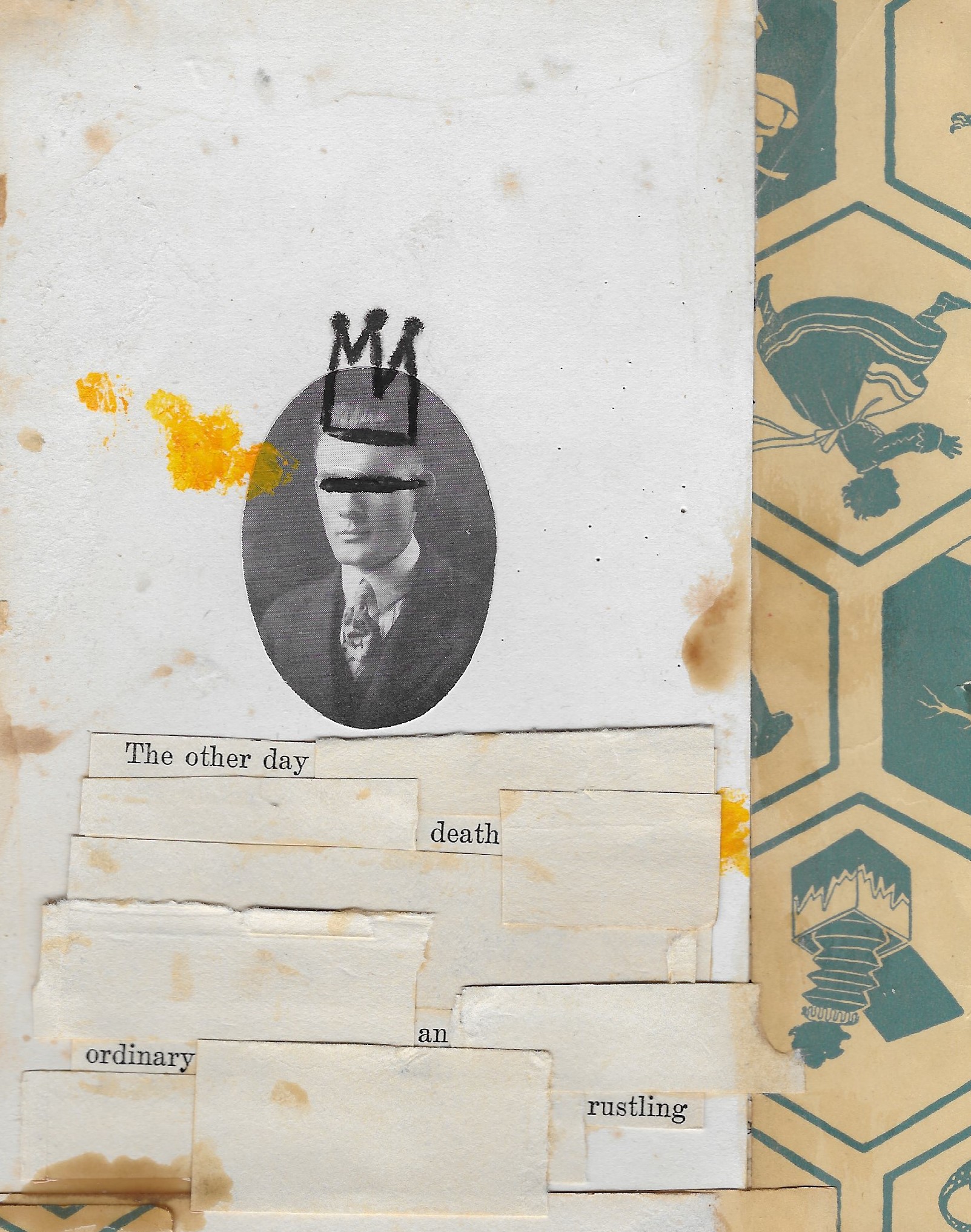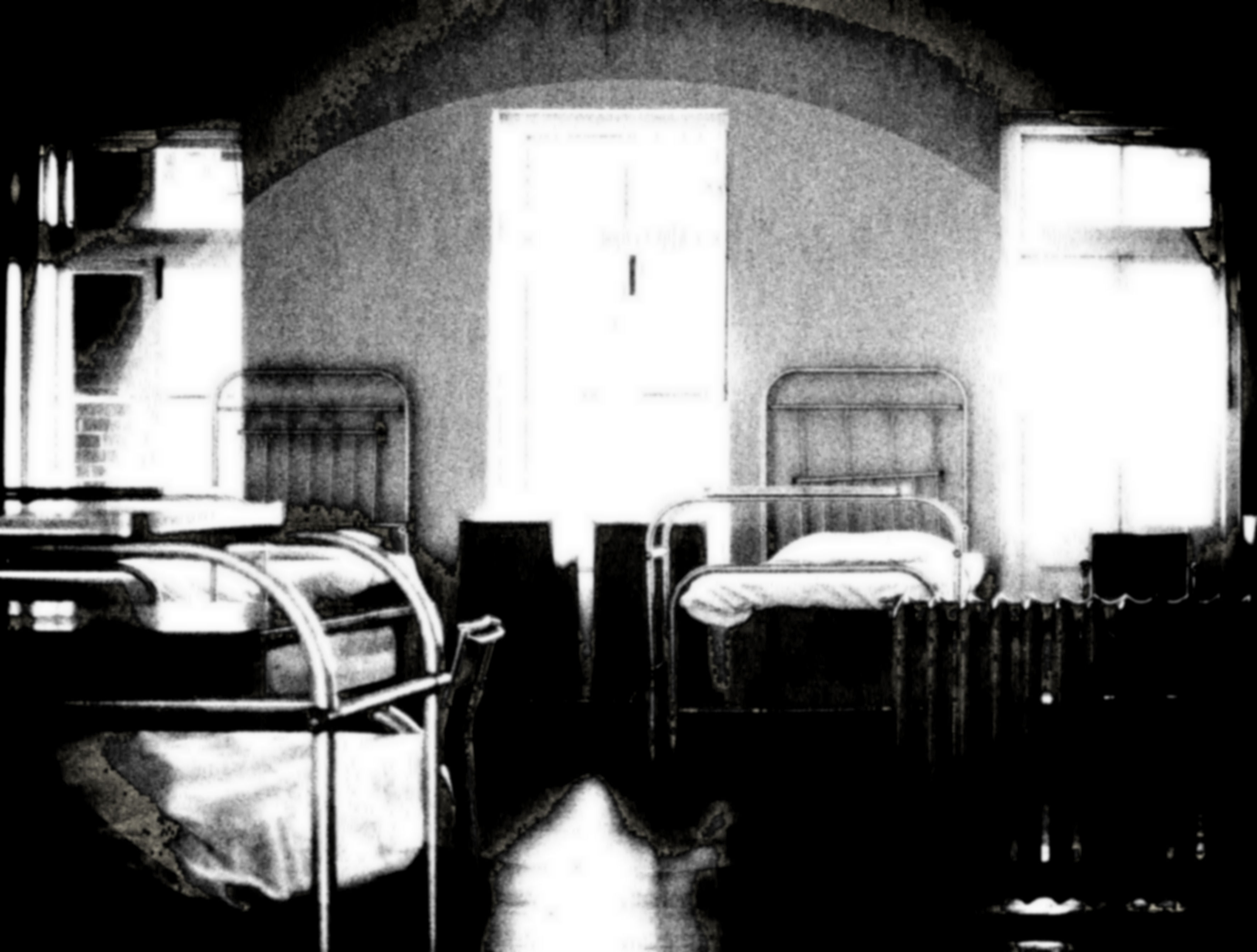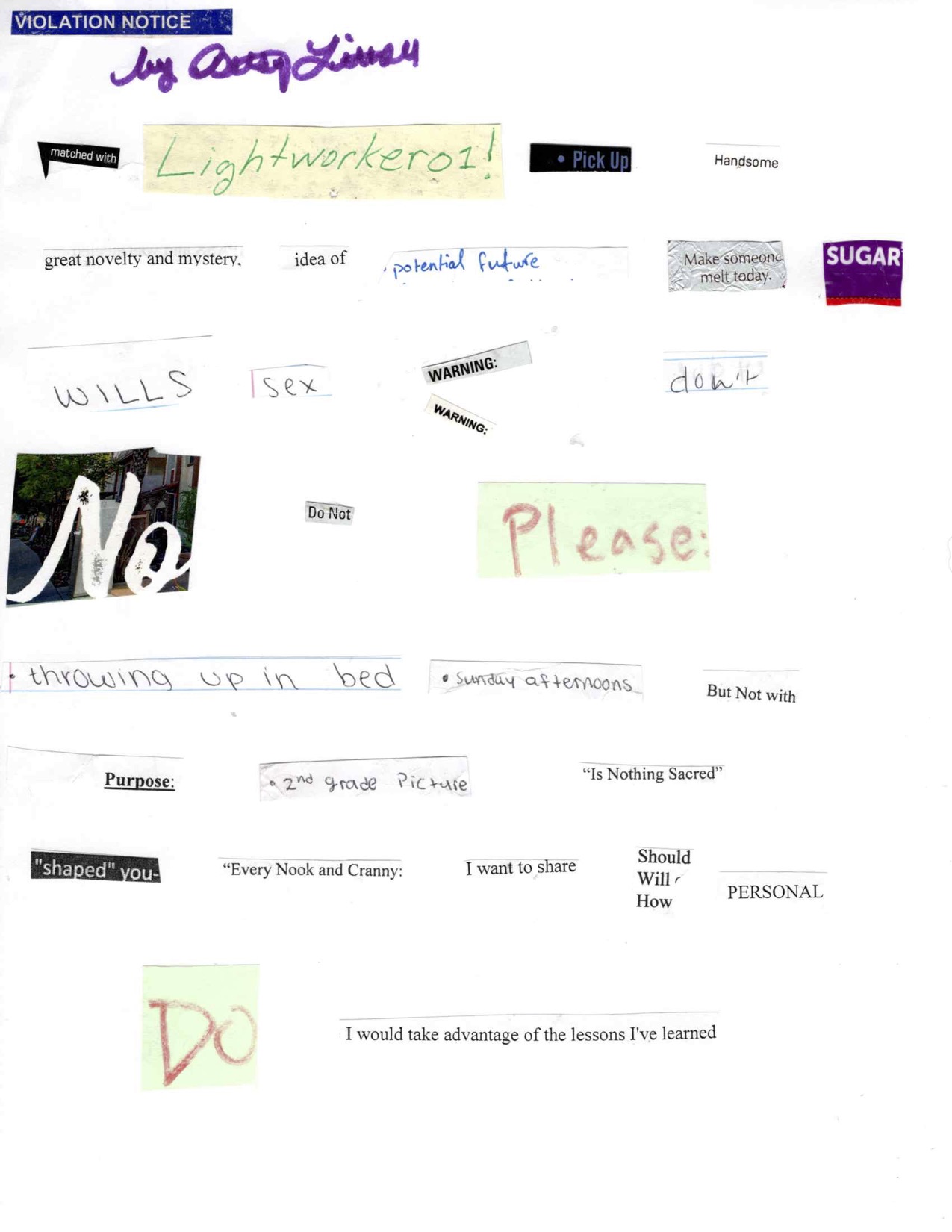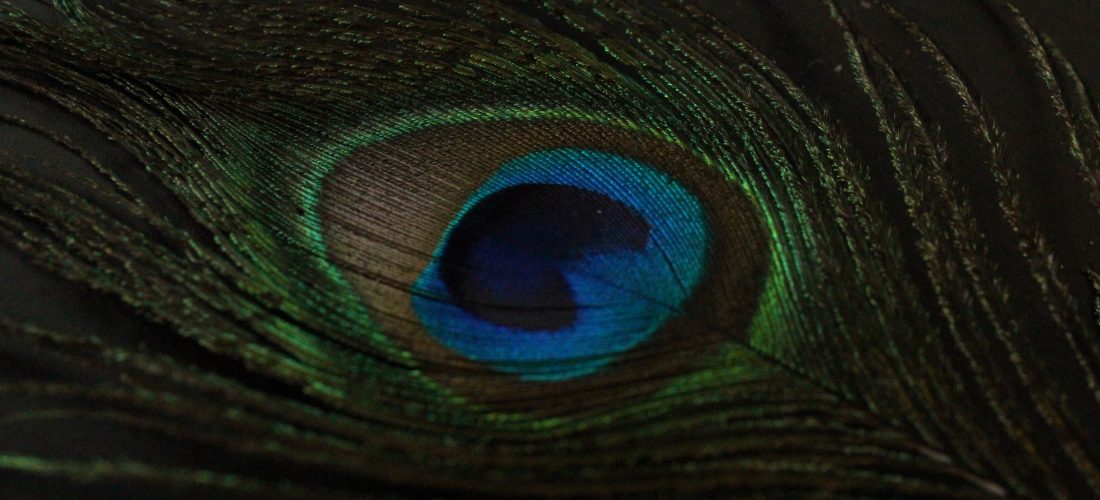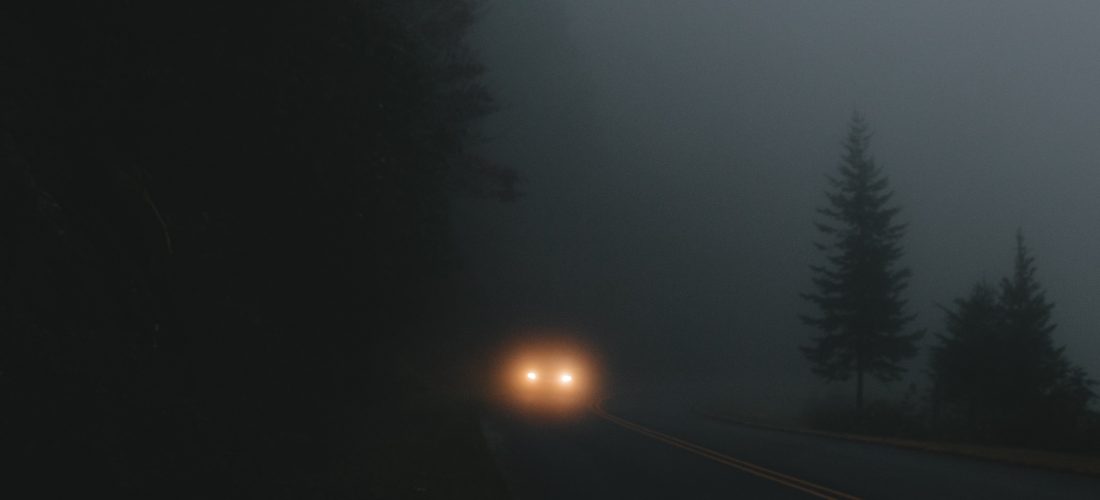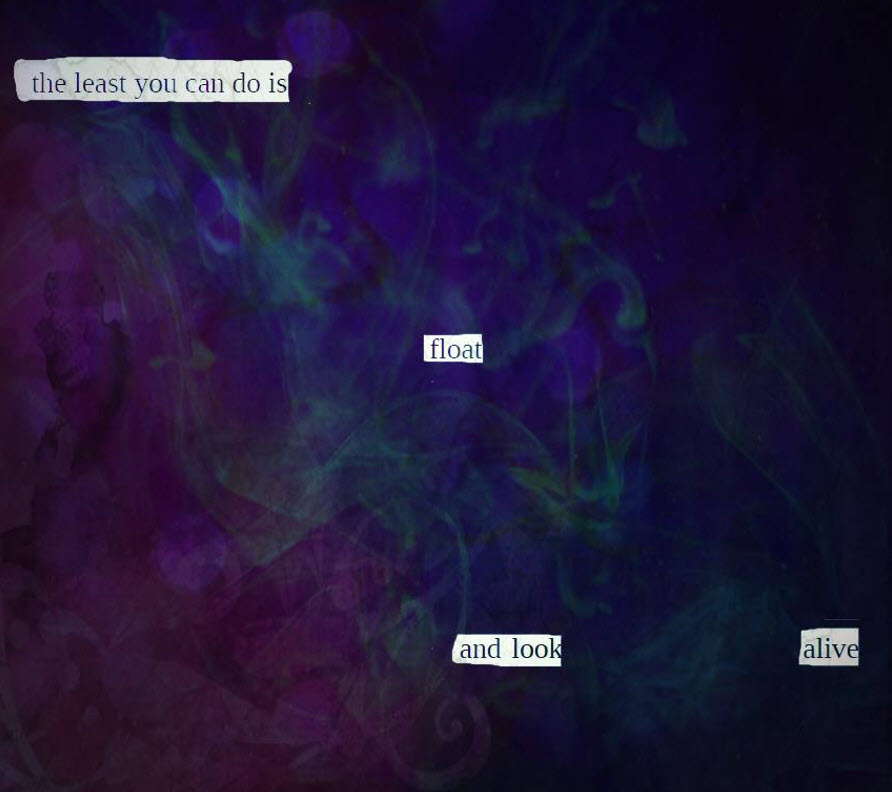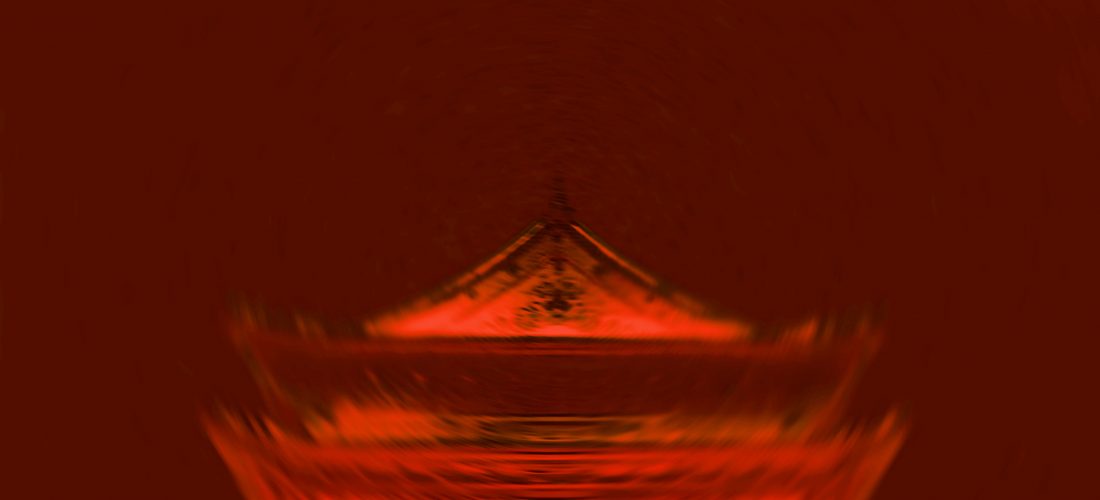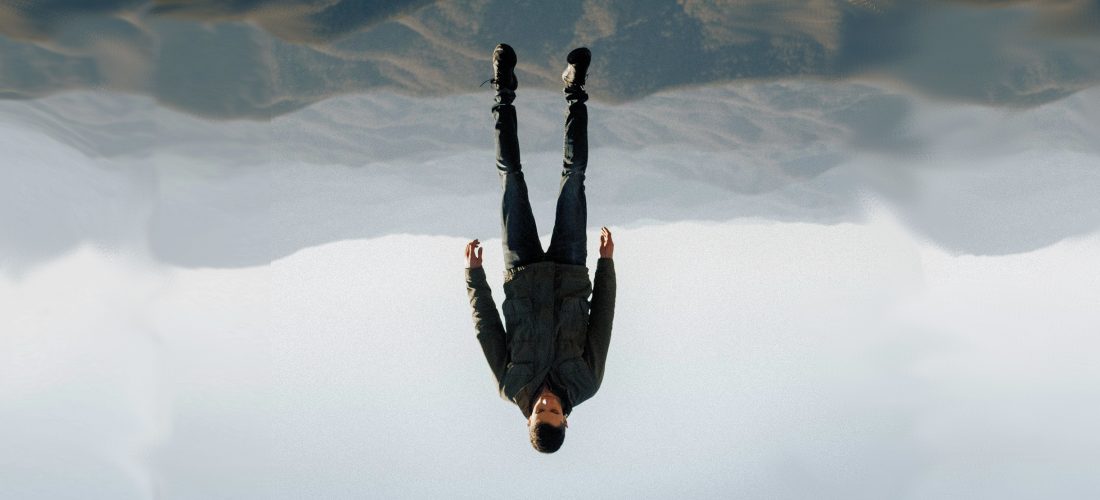2 C e n t o s
Journeywoman
I am nothing but the empty net
which has gone ahead, tilting
with the winds on arrowy stems.
Everywhere you go will be somewhere
you’ve never been, a gossamer layer
of holy tissue beyond the retina, rebounding,
shouldering past the swirling dust motes
in those beams of light. What feels
like pulling might instead be pushing,
what feels like falling is something rising.
No matter how deeply I sink my hands
into these high mounds of earth,
my restlessness remains.
I’ve always been more wind than root.
Sources: Pablo Neruda, “Enigmas,” Sylvia Plath, “Southern Sunrise,” Natasha Trethewey, “Theories of Time and Space,” Robin Schiff, “The Mountain Lion,” Katherine Lo, “Gravitational Time Dilation,” Carrie Jerrell, “Love Letter Written While Watching a Hawk Above the Petersburg,Texas Cemetery.”
Fiendin’
I’m not perfect but
does that mean I can’t live?
I run like the breeze
to catch this life
but sometimes
get a need
til I bleed.
I am
a spark of this machine,
sneaking out where the shivers won’t find you.
I can’t fix your cracked up
dreams, a path
I’ll never tread.
These
are the dreams
I’ll dream,
mine are made
to last.
Deep in the struggle
I have found
the beauty
of me.
I’ll keep my cool but I’m fiendin’.
Sources: Dido, “I’m No Angel,” Annie Lennox, “Why,” Neko Case, “Atomic,” St. Vincent, “Strange Mercy,” Missy Elliott, “Get Ur Freak On,” ZZ Ward, “365 Days,”
Macy Gray, “I Try” & “A Moment to Myself.”
Method: I make notes of lines from poems or song lyrics that touch me, make me think, make me go “wow.” When I’m feeling uninspired or in a funk, I try putting these lines together into a Cento. Best therapy I know for spiking creativity.
Photo by Motah

